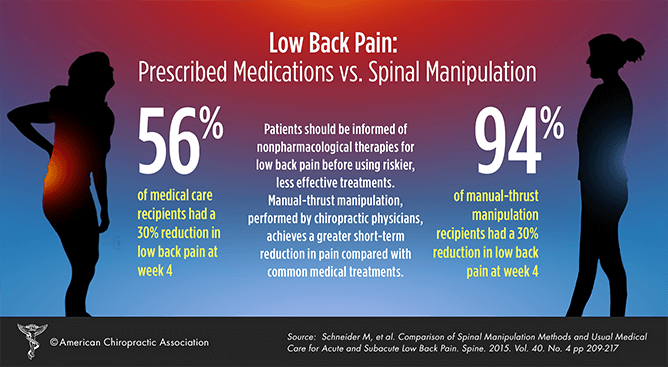Simply When You Believe Relief Is Near, Soft Tissue Therapy Reveals Its Uncomfortable Facts-- Uncover Why The Procedure Can Be Painful Yet Valuable
Simply When You Believe Relief Is Near, Soft Tissue Therapy Reveals Its Uncomfortable Facts-- Uncover Why The Procedure Can Be Painful Yet Valuable
Blog Article
Written By-Cleveland Jacobson
When you undertake soft Tissue therapy, you might locate it remarkably uneasy. This discomfort occurs as stress is related to tense muscle mass and broken cells, activating your discomfort receptors. While it can really feel distressing in the minute, there's a reason behind this feeling. Recognizing what occurs in your body during these treatments can assist you value the procedure. So, what exactly is taking place below the surface area?
The Physiology of Discomfort Throughout Soft Tissue Treatment
When you undergo soft Tissue therapy, your body's reaction to pain is an intricate interplay of physiological procedures. As the specialist applies stress, your body turns on discomfort receptors, sending signals to your brain. This triggers the release of neurotransmitters, such as substance P and glutamate, which enhance the experience of discomfort.
Your muscle mass might additionally tense up in feedback, further making complex the experience. Furthermore, your body might release endorphins, all-natural painkillers that can aid relieve some pain.
The communication in between these procedures can create an one-of-a-kind experience for each individual. Recognizing this physical response aids you navigate the feelings during therapy, allowing you to appreciate the equilibrium in between discomfort and the potential for recovery benefits.
The Role of Discomfort in the Healing Process
Although discomfort throughout soft Tissue therapy can really feel overwhelming, it plays a crucial duty in the healing procedure. When just click the following article experience pain, your body is signaling that it's functioning to fix damaged cells. Get More Information helps boost blood circulation to the afflicted location, supplying important nutrients and oxygen needed for recovery.
In addition, pain can promote the launch of endorphins, your body's natural pain relievers, creating a feeling of relief post-treatment. Embracing this pain can help you understand your body's limits and urge you to attend to underlying problems.
While it's unpleasant currently, this procedure is necessary for lasting recuperation and improved feature. Recognizing pain as an important part of healing can encourage you to remain dedicated to your therapy.
Tips for Handling Discomfort During and After Treatment
Managing discomfort throughout and after soft Tissue treatment can dramatically improve your general experience and recuperation.
To start, communicate honestly with your therapist concerning your discomfort degrees; they can readjust techniques as necessary. Making use of deep breathing methods can additionally assist you kick back and relieve pain.
Think about applying ice to the cured area post-session to minimize swelling and numb soreness. Remaining moisturized help in the recovery procedure, so consume alcohol a lot of water.
Gentle extending and light movement after therapy can advertise blood flow and ease stiffness. Lastly, ensure you get sufficient rest to allow your body to heal.
Implementing these pointers can make your soft Tissue therapy a lot more workable and enjoyable.
Conclusion
Finally, while soft Tissue treatment can be awkward, it's crucial to acknowledge that this pain plays a vital function in your recovery trip. By comprehending the physical reactions at play, you can come close to the treatment with a more favorable attitude. Remember, the first pain commonly gives way to relief as your body launches endorphins. Accept piper nigrum fruit extract , and don't wait to make use of the suggestions for taking care of pain to improve your experience and recovery.
